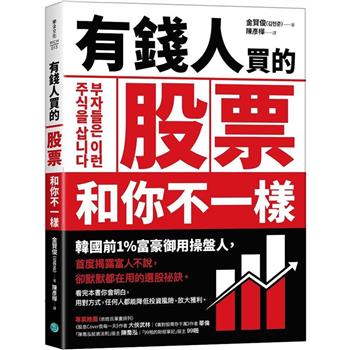A forceful critique of how and why states failed to protect marginalized communities in their responses to the COVID-19 pandemic and the implications of ignoring the existing emergencies that exacerbated the pandemic’s devastating effects.
| FindBook |
有 1 項符合
Emergency: Covid-19 and the Uneven Valuation of Life的圖書 |
 |
Emergency: Covid-19 and the Uneven Valuation of Life 作者:Decoteau 出版社:University of Chicago Press 出版日期:2024-12-16 語言:英文 規格:精裝 / 272頁 / 普通級/ 初版 |
| 圖書館借閱 |
| 國家圖書館 | 全國圖書書目資訊網 | 國立公共資訊圖書館 | 電子書服務平台 | MetaCat 跨館整合查詢 |
| 臺北市立圖書館 | 新北市立圖書館 | 基隆市公共圖書館 | 桃園市立圖書館 | 新竹縣公共圖書館 |
| 苗栗縣立圖書館 | 臺中市立圖書館 | 彰化縣公共圖書館 | 南投縣文化局 | 雲林縣公共圖書館 |
| 嘉義縣圖書館 | 臺南市立圖書館 | 高雄市立圖書館 | 屏東縣公共圖書館 | 宜蘭縣公共圖書館 |
| 花蓮縣文化局 | 臺東縣文化處 |
|
|
圖書介紹 - 資料來源:博客來 評分:
圖書名稱:Emergency: Covid-19 and the Uneven Valuation of Life
內容簡介
作者簡介
Claire Laurier Decoteau is professor of sociology at the University of Illinois at Chicago. Her previous books include Ancestors and Antiretrovirals: The Biopolitics of HIV/AIDS in Post-Apartheid South Africa and The Western Disease: Contesting Autism in the Somali Diaspora, both also published by the University of Chicago Press.
|











